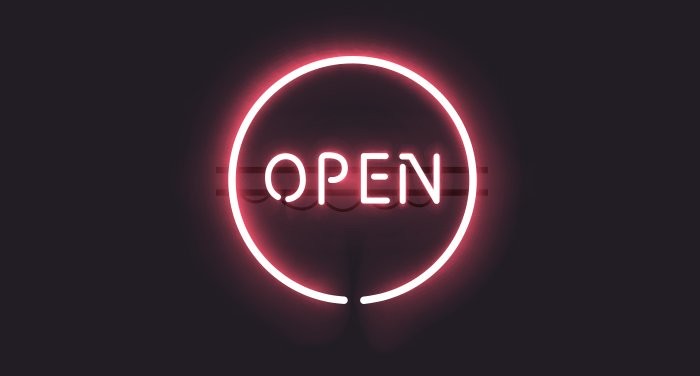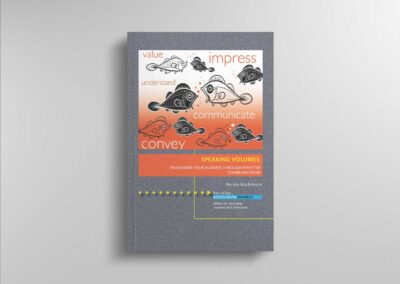What is a question?
It can be:
A request for information;
A way of drilling deeper;
A way to get to know other people’s thoughts;
A way to establish the status in a situation; and
Even a way to build rapport…
All of the above are true and, underlying all that, and more fundamentally, a question is an invitation to communicate. If we bear that in mind, it will change the way we ask questions.
As most people know, there are open and closed questions. Within open questions we can differentiate by various other parameters, such as clarification, investigation, probing, drilling down into an issue, impact, encouragement and so on.
Closed questions request to be answered with yes or no. Open questions require a certain amount of elaboration, and cannot be answered by a mere yes or no. Open questions start with the words ‘what’, ‘how’, ‘where’, ‘when’, ‘who’, ‘which’. If you’re thinking we’re missing ‘why’ – then bear with us, as there is a reason for that. So far so obvious.
If we see a question as an invitation to communicate, we can therefore decide what sort of communication we want to have with other people.
Closed questions are important, as without them we would never get closure.
Would you like to go out for dinner tonight? Do you think this proposal is of interest to you? Can you get this done within two days? If we want to elicit a commitment from someone, we need to use closed questions otherwise we never know whether the commitment is there or not.
However, if we want to encourage open thinking, and exchange of information, thoughts and feelings, then open questions are much more effective. Very often we want to encourage someone to tell us more, but inadvertently phrase it with a closed question.
For instance if we’ve been out to see a movie or play with a friend, we are usually interested in discussing it afterwards, so we ask: ‘Did you like the film/play?’ Whereas what we actually mean is: ‘What did you think about the film/play?’
The first is a closed question, which will stop the person’s thinking process, focusing it on a yes/no decision. The second question opens the person’s mind and allows them to come up with a more meaningful answer and their own opinion, emotions and thoughts.
You can get more information with a series of closed questions, but the danger is that the other person will feel interrogated, which can make them feel threatened and lead them to close, rather than open up. Whenever we want to stimulate discussion, expression of thinking and feeling or get to know more about a person, open questions are the key.
The easiest way to practice asking truly open questions is to become aware of the questions we ask and try to rephrase as many of them as we can into questions beginning with either ‘what’ or ‘how’. These two openers are brilliant because they put people at ease, are neutral and do not imply any judgment.
This leads us back to ‘why’ and the problem it can pose. It very often comes across as judgemental to people. Compare: ‘Why did you do it that way?’ with ‘What led you to decide on that course of action?’
The first could easily be mistaken for a criticism on having chosen the ‘wrong’ way of doing something. The second comes across as much more neutral and exploring.
The tone of voice you use to ask ‘why?’ decides whether it is an open or a closed question. For ‘why’ to be an open question, the tone needs to be exploratory rather than assertive – a distinction that is made easier by experience. This is why it’s better to steer clear of ‘why’ when you first start practising open questions.
A ‘what’ or ‘how’ question, because it is nonjudgemental, encourages the person to relax and look into themselves to find what they really think, rather than having to come up with a ‘right’ answer.
Once you master the skill of asking open questions, you will find how much easier communication with people around you becomes. You will also find it easier to find out what they really think about something. However, there is another ingredient you need to be really successful at communicating well with people. What is the most important thing to do after you have asked a question?
You have to be silent and listen to the answer.
‘I knew that’, I hear you say, or ‘How obvious is that!’ Yes, it is obvious and we all know it, but the question is: Are we doing it?
Or are we too busy thinking about the next question? And if we are doing that, who are we listening to?
Think about the last three conversations you had with people:
- How much can you still remember of each conversation?
-What did you learn about the person in that conversation?
- How aware are you of what they really want and what really concerns them?


